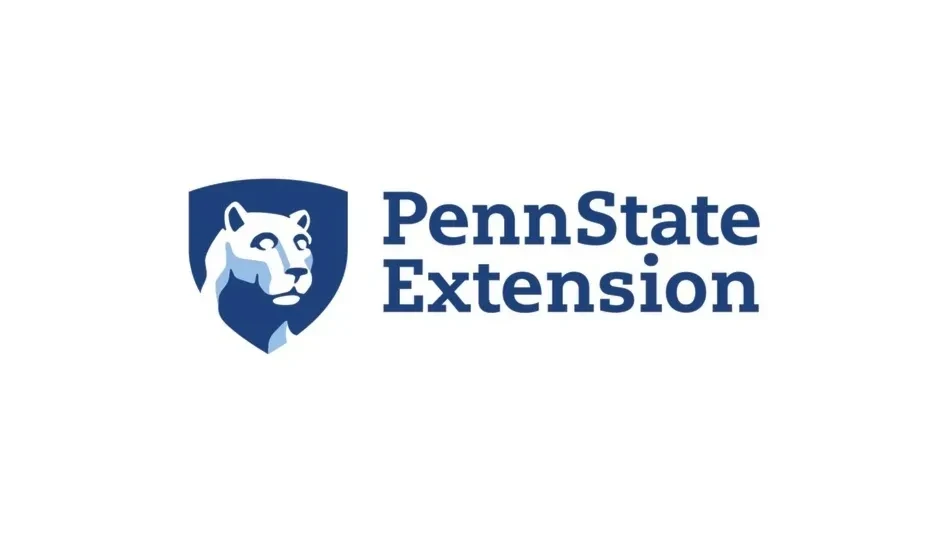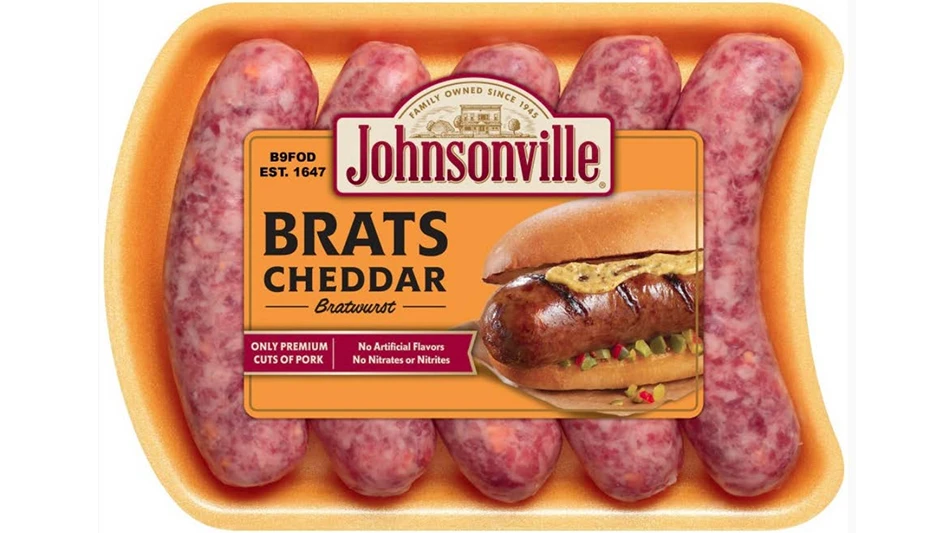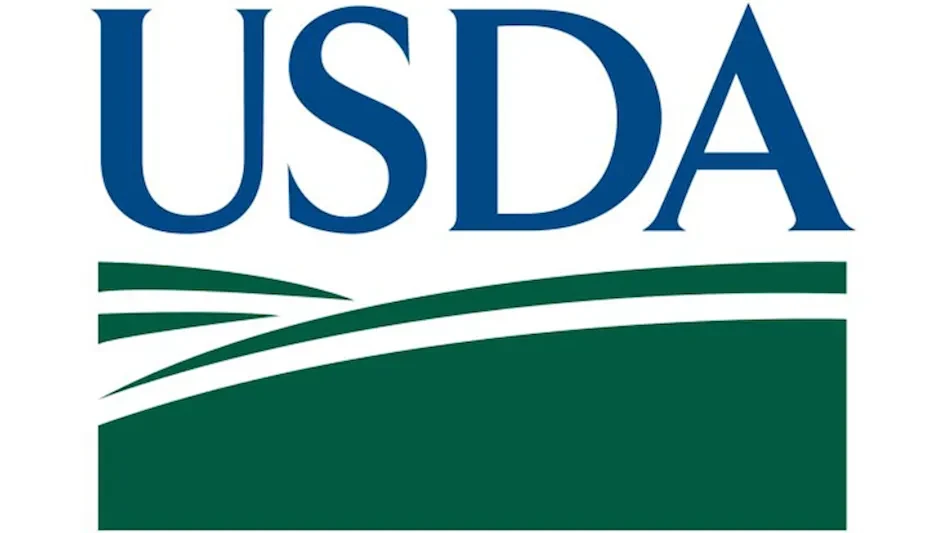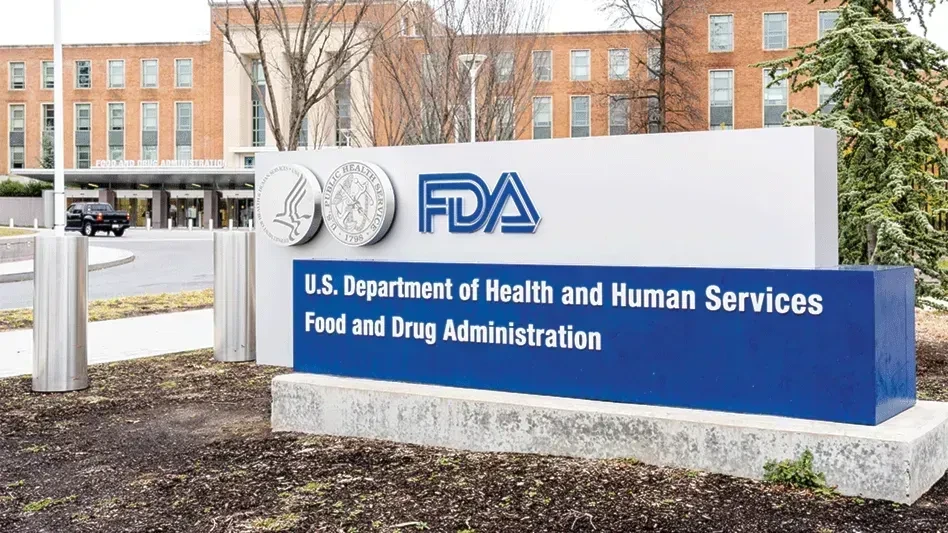
Photo courtesy PIPA
DAVIS, Calif. — PIPA LLC, developer of AI-driven nutrition, health and wellness innovation, and Mars, Incorporated have joined forces to develop an omics analysis platform designed to accelerate research and operations insights related to potential pathogen risks throughout the food supply chain. This new capability will proactively address food safety challenges by supporting Mars research to help ensure safe food for consumers and their pets.
The computational bioinformatics solution will support the detection of foodborne pathogens and assist with outbreak prevention through the analysis of the whole genome sequences of microbial isolates. This will help food manufacturers make informed decisions that ensure supply chain continuity and embrace advanced technologies across the company's diverse portfolio, said PIPA.
"At Mars, we believe everyone has the right to safe food,” said Darren Logan, vice president of science research at Mars. “Collaboration between governments, academia, industry and startups is critical for this to be a reality. This is why we are combining PIPA's cutting-edge computational and genomic technology with Mars global microbial bioinformatics expertise to redefine what's possible in early detection and risk prevention."
Ilias Tagkopoulos, PIPA chairman, said, "We are proud to collaborate with Mars on an initiative that will revolutionize how we safeguard food integrity through the combination of genomics and predictive analytics. As food production and trade become increasingly global, food supply chains are becoming more complex, and managing potential disruptions is critical. Mars and PIPA are leveraging their deep bioinformatics know-how and employing cutting-edge technologies to fulfill our shared mission for safe and sustainable food supply chains for everyone."
Latest from Quality Assurance & Food Safety
- Ferrero Group Invests $445 Million in Ontario Production Facility
- Nelson-Jameson Announces Grand Opening for Pennsylvania Distribution Center
- Taylor Farms Linked to Romaine E. coli Outbreak as Marler Clark Files Multiple Lawsuits Against Supplier
- IAFNS Announces Winners of Emerging Leader Awards for Food Safety, Nutrition
- FDA Shares Testing Results for PFAS in Bottled Water
- Provision Analytics Adds Food Safety Expert Jennifer Williams to Strategic Advisory Group
- Boston Sword & Tuna Protects Seafood Safety with Mettler-Toledo Metal Detectors
- IFT Releases New Resources to Aid Food and Beverage Industry in Sugar Reduction





